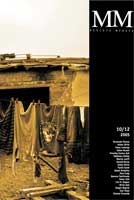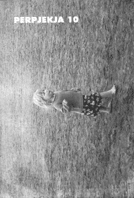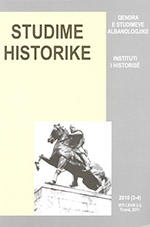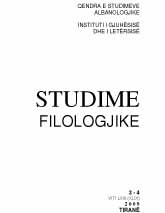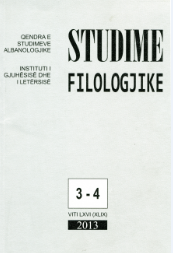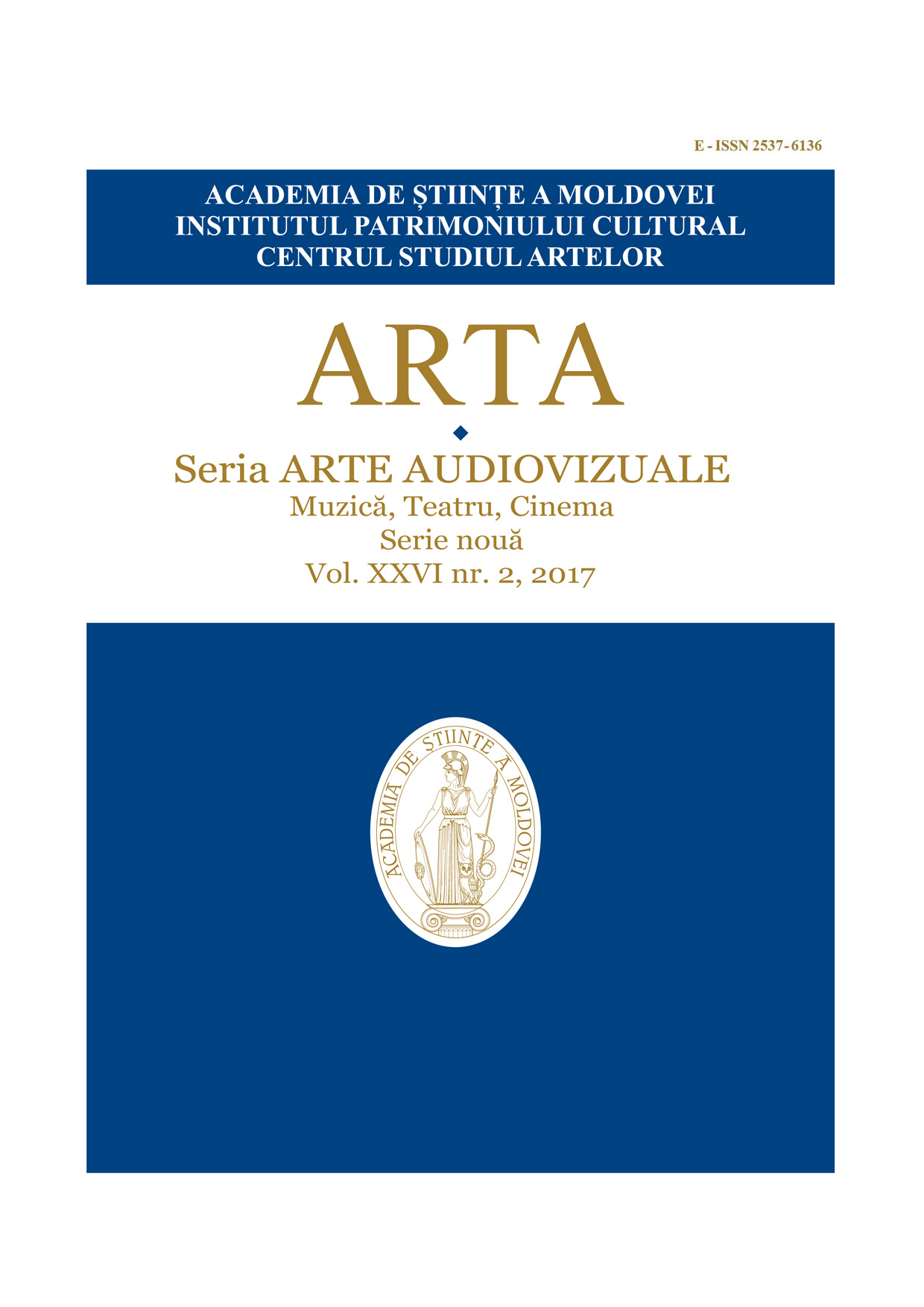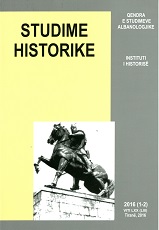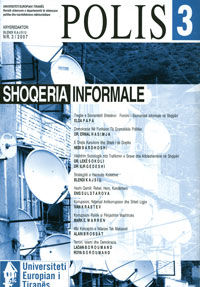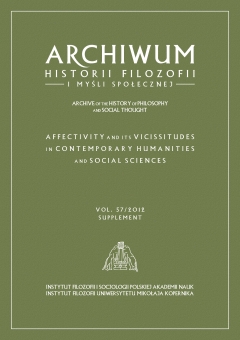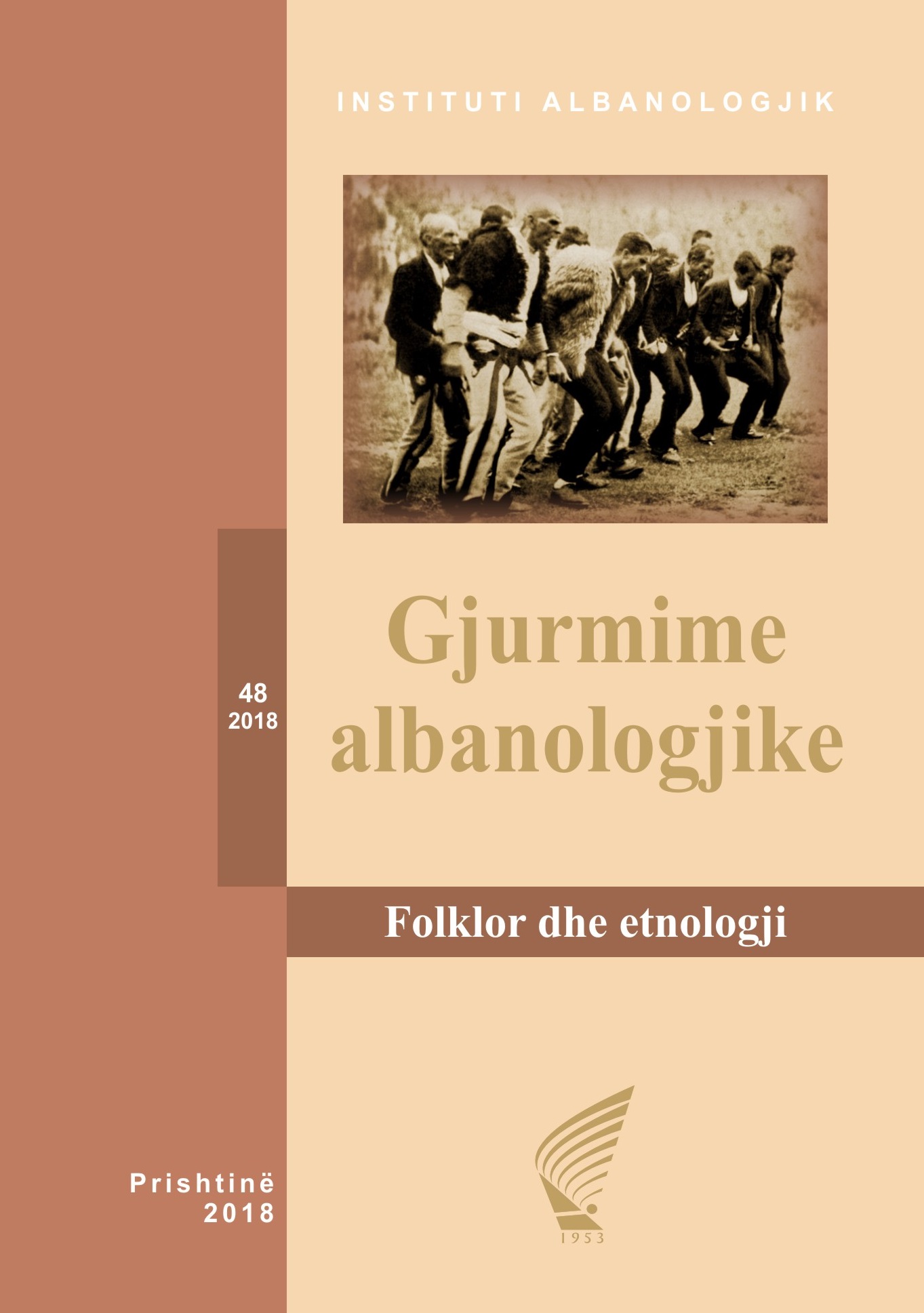KËNGËTARËT E ALLBERT LLORDIT (ALBERT LORD) NGA SHQIPËRIA E VERIUT
Author(s): Zymer Neziri / Language(s): Albanian
/ Issue: 38/2008
Keywords: ALBERT LORD’S SINGERS ; NORTHERN ALABANIA
Albert Lord’s collection of 1937, which is placed in Harvard, is named Lord Collection of Albanian Songs in the Milman Parry Collection. Songs in this collection are written in 12 notebooks. Lord calls them books. These notebooks are of small size and are in handwriting. Books from no.1 to no. 8 are collected by him, while three others (nr. 9, 10 and 11) are collected by his partners, Q. Hoxha and M. Paci. Book nr.12 is an index of 100 units, of which 38 are song recordings. There is information on singers of this collection. Number of singers is 45, of whom 39 are of Lord, while 6 are of his partners. Total number of singers of heroic songs (songs of Frontier Warriors) in Collection is 31. Total quantity of Lords heroic songs is 43. Besides them, in his collection are present 10 more of such collected by his partners. In Collection there are also 24 songs of other types. In the first part of this study paper (paper read in international American-Bosnian scientific conference, organized by Harward University and University of Tuzla, Return of the Song: The Milman Parry Collection and its Reception in the World, held in Tuzla, BandH,
3-6 Julay 2008) were analyzed these issues: ethno-geographic regions of songs collected by Lord; types of singers according to the manner instruments were used; singers according to religious belonging; singers according to age; data on successors of some eminent singers; unnatural death of some lute-players; burial of some lute-players in absence of larg family; work with famous lute-players such as Gjergj Pllumi, Sokol Martini and Marash Nika; work with eminent luteplayers, but not promoted, such as Rizë Zymeri, Ali Meta, Adem Brahimi. In second part were analyzed: tipology of work for collection; repertoire of songs according to size; repertoire of songs according to type of songs; novelties in the work of second phase with Albaniansingers; weaknesses in the second work phase; cooperators Qamil Hoxha, Murat Paci and Lukë Lukaj; fate of handwriting 1937-1991; Lord’s place among Albanian collectors of heroic songs. Albert Lord belongs to prominent group of collectors of Albanian epos between two world wars, where take part B. Palaj, D. Kurti, K. Gurakuqi, F. Fishta, H. Reçi, P. Qefalia etc. To this group of eminent collectors and editors preceded Gustav Meyer (1897), Hasan Fejzullahu (1901), T. R. Đorđević (1901), Gaspër Jakova-Mërturi (1904) and Nikollë Ivanaj (1905). David Elmer from Harvard and a group of collaborators since 2003 are working on preparation for printing selection of songs of this collection, literary book and electronic book. Founding on his merits for Albanian folkloristic, Lord has a deserved place in Albanian folkloristic, especially on collection of Epos of Frontier Warriors.
More...
